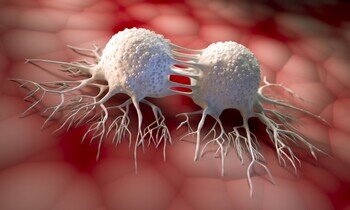
Optimising clinical trials for greater inclusiveness
Oncologists are aiming to capitalise on lessons learned from the COVID-19 pandemic and design more inclusive clinical trials, optimise trial endpoints and make better use of real-world evidence.

Quality cancer care starts with training oncologists at the highest standards
Despite the encouraging findings of a new global survey demonstrating a high rate of uptake of the ESMO/ASCO Global Curriculum in Medical Oncology, resource limitations in lower-income regions as well as country-specific political circumstances may be hindering its implementation locally.

Anti-cancer medicines are typically approved in the USA eight months before Europe
Discrepancies in anti-cancer drug approvals around the globe are even bigger in low- and middle-income countries, raising some questions about how they impact on patients’ access to quality cancer care.

Bringing a child into a family’s battle with cancer
Available data now allows evidence-based treatment of cancer diagnosed during pregnancy and new therapies are improving many young patients’ survival prospects, but couples’ preferences and values must continue to guide medical teams even when hope is scarce

Milestone in hereditary breast cancer: PARP inhibition benefits women with early-stage disease
Exciting new data show that adjuvant targeted agent olaparib after chemotherapy can cut the risk of BRCA-mutated breast cancer returning or spreading in women

Despite success of targeted therapies, personalised medicine is not yet a reality in ovarian cancer
Expert says widely applicable predictive testing is needed to improve prevention, diagnosis and treatment

Hereditary cancers: diagnosed patients are only the tip of the iceberg
Although knowledge on pathogenic germline variants has improved over the years, researchers are hunting for new genetic causes of cancer to better identify families at higher risk to develop the disease

Predict the next evolutionary move of cancer: a feasible winning strategy?
Tumour evolution is one of the primary reasons for resistance to treatment and researchers are now learning how to use it to lead tumours down a dead end

Patients need more support to navigate precision oncology
As the complexity of the cancer landscape increases, miscommunication and misunderstanding emerge as major obstacles to patient self-determination

Innovation is creating new ways to support oncologists
How ESMO is transforming the challenges from the COVID-19 pandemic into opportunities to re-shape the future of the oncology community
